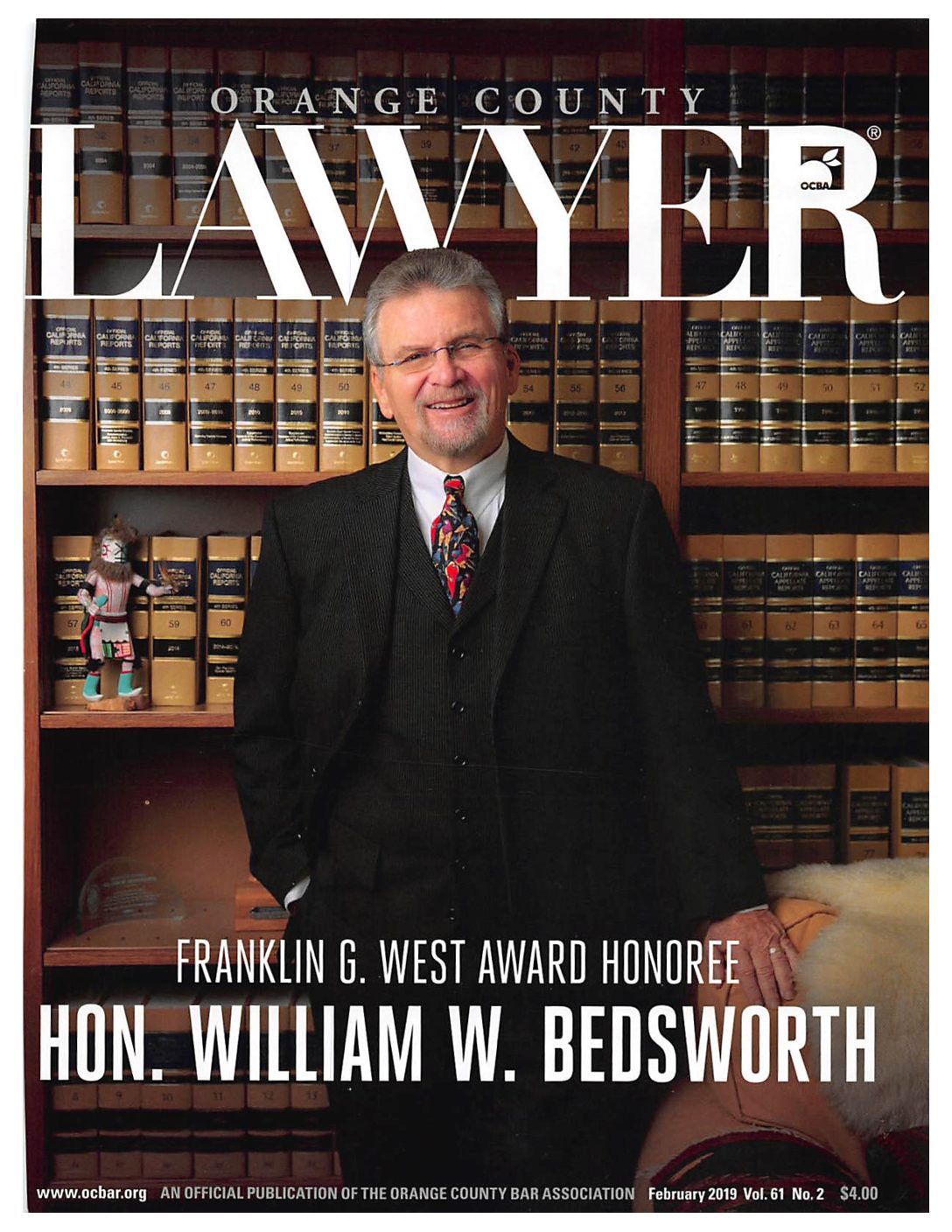Under the Uniform Foreign Country Money Judgments Recognition Act (“Uniform Act”), a judgment from a foreign country is enforceable as long as the judgment is for the recovery of a sum of money and “final, conclusive, and enforceable” under the laws of the foreign country. Cal. Civ. Proc. Code § 1715. Foreign-country judgments that are excluded from recognition include a judgment for taxes, a fine or other penalty, or a judgment for “divorce, support, or maintenance, or other judgment rendered in connection with domestic relations.” Id. Apart from these exclusions, typical money judgments obtained in foreign countries can be recognized in California under the Uniform Act.
What happens though, when the judgment debtor was unaware of the foreign-country judgment? The California courts have ruled that the foreign-country judgment is still enforceable.
AO Alfa-Bank
AO Alfa-Bank v. Yakovlev, 21 Cal. App. 5th 189 (2018). In that case, the plaintiff, AO Alfa-Bank (“Alfa Bank”), obtained a judgment against Oleg Nikolaevich Yakovlev (“Yakovlev”) in Russia and sought to enforce it in California. Yakovlev, a Russian businessman, owned several entities including a children’s retail chain. Alfa Bank, a Russian bank, loaned millions of dollars to one of Yakovlev’s entities. These loans were secured by Yakovlev’s personal guarantee. The surety agreement that the parties executed had a forum selection clause that designated Meschansky District Court in Moscow as the exclusive forum for resolving disputes. The parties further agreed that notices would be sent to Yakovlev’s residence. Moreover, under Russian law, Russian citizens must register their residence address with the government, and Yakovlev’s registered address matched the address provided in the surety agreement.
Subsequently, Alfa Bank filed a claim against him for breach of the surety agreement but was unaware that Yakovlev had fled Russia a month before. Yakovlev did not notify Alfa Bank of any change of address before fleeing the country and did not deregister his Moscow address with the Russian government. The Meschansky District Court attempted to serve Yakovlev with process at his Moscow residence, and the case proceeded to trial in his absence. Alfa Bank ultimately obtained a judgment in its favor and sought to enforce it in California when it learned that Yakovlev was living in the United States in 2013.
Yakovlev argued that the Russian judgment should not be enforced against him in California for three reasons: 1) the Russian court lacked jurisdiction, 2) he did not receive notice of the Russian proceeding, and 3) the Russian court proceeding lacked due process. The trial court granted summary judgment in favor of Yakovlev, but this decision was ultimately reversed on appeal in favor of Alfa Bank. In reaching its decision, the court pointed out that Yakovlev’s arguments were ultimately “indistinguishable,” as the “central premise of all three defenses was that the Russian court’s service of process was ineffective.” Id. at 213.
Even though Yakovlev never received actual notice of the Russian judgment and had no opportunity to defend himself in Russia, the court concluded that the Russian judgment was enforceable against Yakovlev. The court held that due process does not require actual notice but merely a method of service “reasonably calculated” to impart actual notice under the circumstances of the case. Id. at 195. And while the foreign country must provide procedures compatible with the requirements of fundamental fairness, foreign courts are not required to adopt “every jot and tittle of American due process.” Id. at 215. The foreign country is not “bound by our notions of due process,” and the U.S. court cannot “insist on the additional niceties of domestic jurisprudence” in deciding whether to enforce a foreign-country judgment. Id. at 216.
Reciprocity and Comity
If the U.S. wants reciprocity and wants its judgments to be recognized in other countries, it must also recognize and respect the laws of foreign countries. Thus, when reviewing a foreign-country judgment, the question to ask is whether the judgment was properly obtained under the laws of the foreign country, and not merely filter the analysis solely through the lens of the U.S. legal system. One practice tip to bear in mind is that defenses that may have been available to the judgment debtor prior to the entry of the foreign-country judgment may no longer be available in the context of recognition under the Uniform Act.

